Abiotic Factors
Abiotic factors are the non-living components of the environment that can influence living organisms. These factors can include physical and chemical elements such as temperature, water, sunlight, soil, and air. They play a crucial role in shaping ecosystems and determining the types of organisms that can survive in a particular habitat.
Types of Abiotic Factors
There are several key abiotic factors that influence ecosystems:
- Temperature: The range of temperatures in an environment can affect the metabolic processes and behaviors of organisms. Extreme temperatures can limit the survival of certain species.
- Water: The availability of water is essential for the survival of living organisms. It affects the distribution of species and the types of ecosystems that can thrive in a given area.
- Light: Sunlight is a crucial factor for photosynthesis in plants and can determine the productivity of an ecosystem. It also influences the behavior and activity patterns of animals.
- Soil: The composition and quality of soil can impact the types of plants and microorganisms that can thrive in an area. Factors such as pH, nutrient levels, and texture play a role in shaping the ecosystem.
- Air: The composition of the air, including oxygen, carbon dioxide, and pollutants, can impact the respiratory systems of organisms and overall air quality in an environment.
Impact on Organisms
Abiotic factors can have a significant impact on the distribution, behavior, and adaptation of living organisms. For example, extreme temperatures can lead to physiological stress, while water availability can determine the types of plants and animals that can survive in a given habitat. Understanding these factors is crucial for studying ecology and conservation biology.
Study Guide
To study abiotic factors, consider the following key points:
- Learn about the different types of abiotic factors and their significance in shaping ecosystems.
- Understand the ways in which abiotic factors can influence the distribution and survival of living organisms.
- Explore case studies or examples of how abiotic factors impact specific habitats and species.
- Consider the role of abiotic factors in ecological research and conservation efforts.
[Abiotic Factors] Related Worksheets and Study Guides:
.◂Biology Worksheets and Study Guides High School. Genetics and heredity I
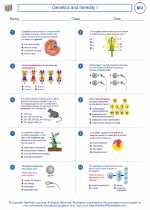
 Worksheet/Answer key
Worksheet/Answer key
 Worksheet/Answer key
Worksheet/Answer key
 Worksheet/Answer key
Worksheet/Answer key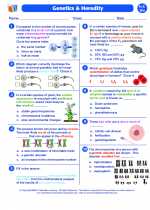
 Vocabulary/Answer key
Vocabulary/Answer key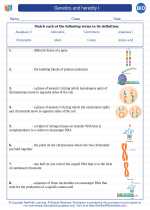
 Vocabulary/Answer key
Vocabulary/Answer key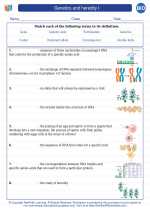
 Vocabulary/Answer key
Vocabulary/Answer key
 Vocabulary/Answer key
Vocabulary/Answer key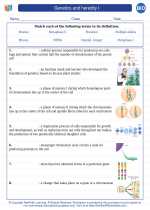
 Vocabulary/Answer key
Vocabulary/Answer key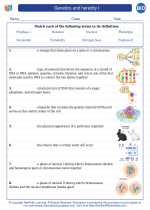
 Vocabulary/Answer key
Vocabulary/Answer key
 Vocabulary/Answer key
Vocabulary/Answer key
